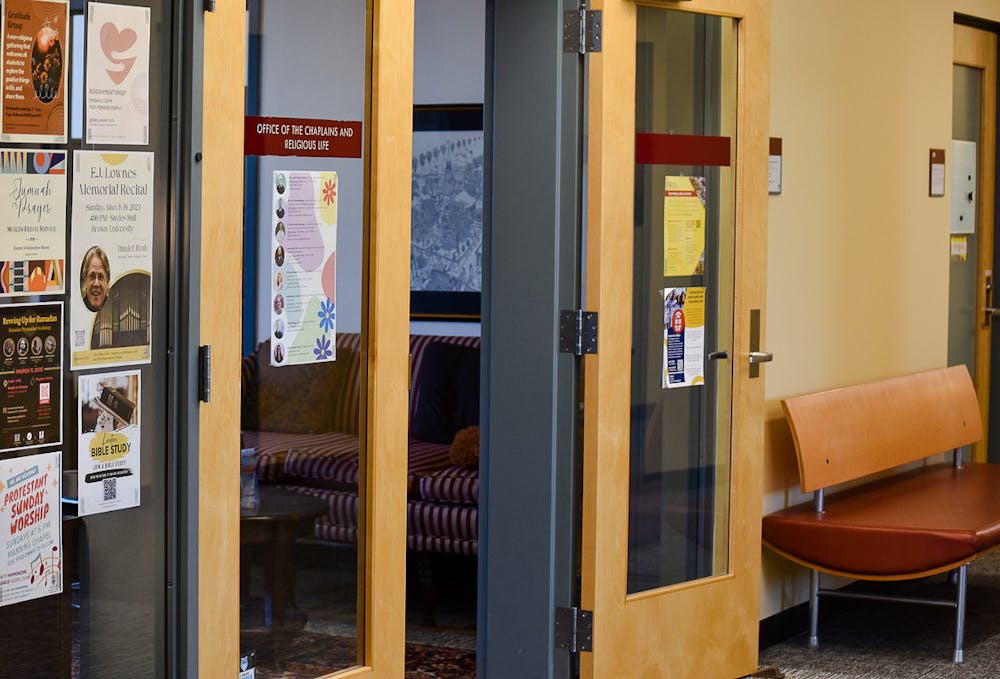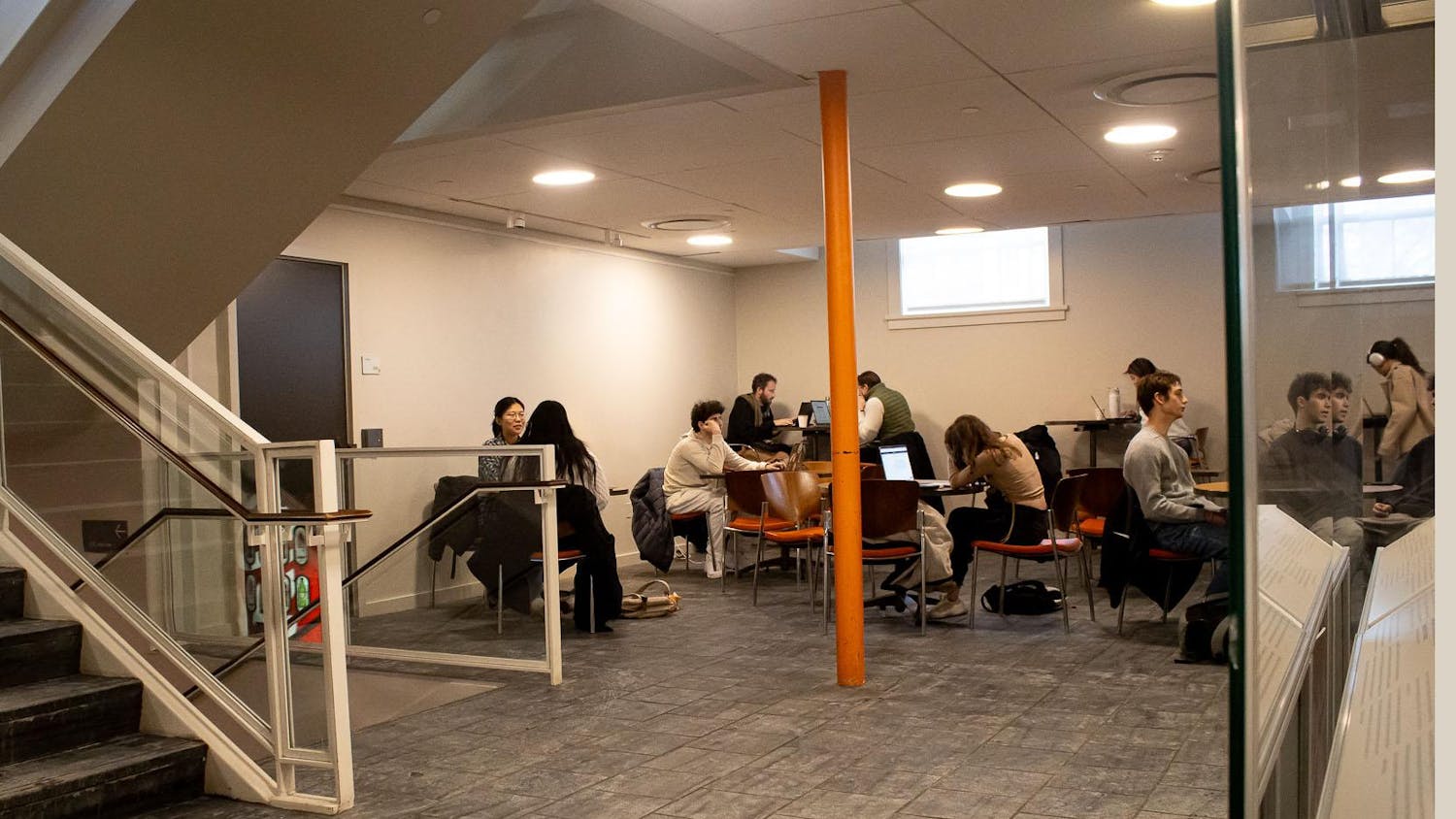This year marks the University’s Office of the Chaplains and Religious Life’s 70th year of operation, according to Reverend Janet Cooper Nelson, the chaplain of the University and director of the Office. The Office has a number of plans as it looks ahead to its 75th anniversary, Cooper Nelson added.
OCRL’s history
According to the University’s website, the OCRL “seeks to create spaces and opportunities within” the University community where “profound questions” can be “voiced and explored openly, whether these concerns originate within religious, philosophical, ethical or spiritual practice.”
The work of the University’s chaplains is “rooted in the care of the whole person” and seeks to “increase religious literacy” and support “religious diversity.”
According to Cooper Nelson, the University’s religious history is “kind of a hidden story.”
Arthur L. Washburn was the first to hold the title of chaplain at the University, according to an article from the Encyclopedia Brunoniana. Washburn had been acting as a chaplain for years by the time he was officially named chaplain in 1942 — he regularly attended religious services, visited sick students in the infirmary every day and had been living amongst students in a dormitory, the article states.
The Office of the Chaplain was officially established in 1952, but it was not up and running until 1953, according to Cooper Nelson. The first official University chaplain to preside over the office was Edgar C. Reckard, a Presbyterian minister and professor of religious studies. Reckard was succeeded in 1958 by Charles A. Baldwin, who remained in the role until Cooper Nelson was appointed in 1990. Nelson was ordained in the United Church of Christ and her appointment made her the first woman to head an Ivy League university chaplain’s office.
With the 1959 end of compulsory chapel attendance for students, Manning Chapel, housed on the second floor of Manning Hall, became a place where all religious groups could worship. Baldwin conducted Protestant services while local religious leaders acted as chaplains for other faiths. Now, there are full-time chaplains available for a number of religious groups.
“The Chaplain of the University was a solo operation for a long time,” Cooper Nelson said. “In 1996, we began a full review of the program and came up with the design that it holds now.” Currently, the OCRL has associate chaplain positions for the University’s Muslim, Protestant, Catholic and Jewish communities, although the last position is temporarily vacant.
Upcoming plans
Cooper Nelson said that the Office is interested in establishing chaplain positions for the University’s Hindu and Buddhist communities. She added that the Office has wanted to create these positions for a while but lacks funding.
Cooper Nelson is also focused on renovating Manning Chapel over the next five years.
“Our Muslim community does not have a proper place to pray,” she said, “The lower floor of Manning Hall … could make a really great prayer space for the Muslim community as well as our meditation community.”
The state of their prayer space is “really unfortunate because we have no natural lighting and have been flooded on multiple occasions,” Brown Muslim Students’ Association Design Chair Shazain Khan ’24 previously told The Herald.
Cooper Nelson, above all, hopes to increase the visibility of the OCRL on campus.
Imam Amir Toft, associate chaplain of the University for the Muslim community, expressed a similar sentiment, adding that visibility helps the Office better serve University community members.
“As the university gets bigger, and as campus life gets bigger, it’s easy to sometimes lose visibility to the students, faculty and staff that we’re here to support and serve,” Toft said.
In an email to The Herald, Associate Chaplain of the University for the Catholic Community Edmund McCullough wrote that “religion is an important and ineradicable element of the human experience.”
“Since Brown aims at … understanding and ameliorating the human condition, it ought to be able to understand and to respect religious commitment,” he added.
Cooper Nelson said that she hopes to garner stronger support for several OCRL programs over the next few years, such as Thursday night interfaith suppers and various support groups for community members.
Not only does Cooper Nelson hope to continue supporting and supplementing these long-standing programs, but she is also determined to promote the new spiritual life residential community that will be housed in the Brook Street residence halls and better support the University’s South Asian religious communities.
“This work includes how you eat in the dining hall and what kind of prayer spaces we have,” she said. “It’s important because you could be part of a very large tradition or you could be part of a very small one, and every single person matters.”





